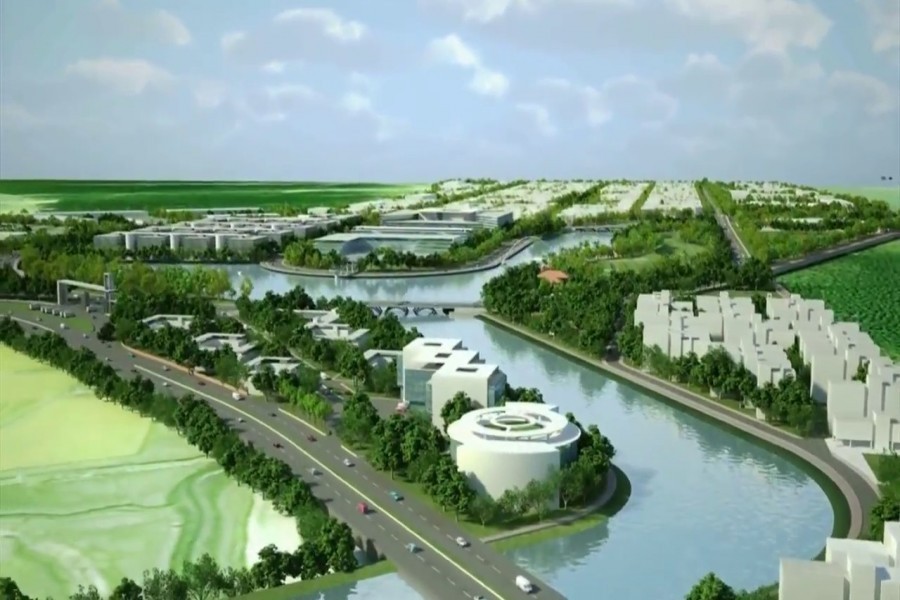Investment climate constraints, deficiencies in energy and transportation infrastructure and an opaque regulatory environment have prevented Bangladesh from achieving higher growth, said the US State Department in its latest report on Bangladesh’s investment market.
The report titled the ‘Investment Climate Statements 2022’ also highlights the opportunities in Bangladesh saying that Bangladesh represents an excellent potential market for US exports.
It categorically mentioned that the relatively high and steady GDP growth over the last decade has shown the resilience of Bangladesh’s economy in weathering these challenges.
Commenting on the report Foreign Secretary Masud Bin Momen said that the report said many positive things about the Bangladesh economy, and the constraints mentioned in the report are also known to us.
“The concerned ministries are working to remove these bottlenecks “ he added.
According to the US report, scarcity of land, depleting natural gas reserves and inadequate power distribution remain major impediments to investment.
Capacity for electricity generation has grown significantly over the last decade, but transmission and distribution systems need additional work to ensure more reliable and inclusive access to electricity, it suggested.
It said corruption is also widely perceived to be endemic at all levels of society, discouraging investments and inhibiting economic growth.
Regarding tax and banking, the report said reputable companies have complained the Bangladesh National Board of Revenue (NBR) has inconsistently subjected businesses’ prior-year tax returns to renewed scrutiny.
“While this process is taking place, normal business activities such as banking, immigration procedures for foreign staff, and branch office licensing permissions may be slowed or stopped entirely” it added.
“Labor rights continue as a source of international concern, marked particularly by low and delayed wages and government interference in attempts by workers to organize”.
“Economic weaknesses also include an undeveloped and undercapitalized financial sector, an inefficient and chronically loss-making public sector, and a decision-averse bureaucracy that often resists measures to improve the business climate”.
It said the financial sector will also need to address the persistent problem of state-controlled banks’ high balance of non-performing loans (NPL).
“Bangladesh has one of the lowest wage rates in the world, which has fueled an expanding industrial base led by the RMG industry” the report noted adding that it is well-positioned, however, to diversify its exports and move up the value chain.
The government offers a range of investment incentives under its industrial policy and export-oriented growth strategy, it opined.
According to the United Nations Conference on Trade and Development (UNCTAD) Bangladesh received foreign direct investment (FDI) net inflows of $2.9 billion in 2021.
The country also has large pharmaceutical, footwear, and agricultural-processing industries. Other important sectors include construction, information, and communication technology (ICT) and business process outsourcing, light engineering, shipbuilding, leather products, jute products, and ceramic products. There is substantial scope for US companies to enter the market and invest in these thrust sectors.
Dhaka is the primary financial, political, and cultural centre of Bangladesh. Located on the coast, Chattogram (previously called Chittagong), the second largest economic and financial hub, hosts the country’s major seaport, which handles more than 90 per cent of the country’s international trade. Both cities host stock exchanges.
A future economic hub is expected to form south of Chattogram in Matarbari, where the country’s first deepwater port is under construction, the US State Department Report mentioned.


